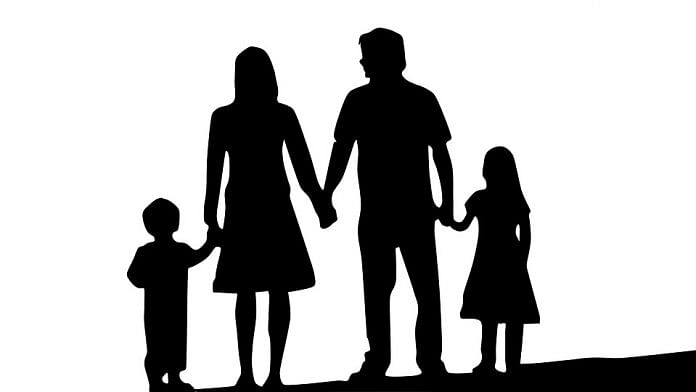Smacking children could encourage violent behaviour in later life and lead to academic problems or mental health issues. According to new research, there is less violence among young people living in countries that have banned corporal punishment.
Legislation prohibiting the use of corporal punishment exists in just 60 states, leaving more than 600 million under-5s around the world exposed to sanctioned physical discipline, according to Unicef data.
Even where the law restricts such violence, some parents and caregivers view smacking as a necessary evil to teach children right from wrong.
Unicef analysis of behavioural patterns in 94 countries found that 75% of the world’s 2 to 4-year-olds (close to 300 million infants) experience regular violent physical or psychological aggression from their caregivers.
Physical reprimands were seen as a necessary part of rearing and educating children by approximately 1.1 billion caregivers.
But there is a growing body of analytical work linking smacking to aggression, problems of self esteem and anti-social behaviour through adolescence and into adulthood. Slapping children has also been linked to restricted cognitive development and academic problems.
Safe space
In the latest study, comparing corporal punishment bans and violence among young people, the research team analyzed data on more than 400,000 adolescents between the ages of 13 and 17, from 88 countries, territories and protectorate states, between 2003 and 2014.
The findings showed lower incidents of fighting between young people – 31% less among boys and 58% less among girls – in places with a ban on corporal punishment.
Dr Frank Elgar, associate professor at the Institute for Health and Social Policy at McGill University in Canada and lead author of the study, told CNN: “Societies that have these bans in place appear to be safer places for kids to grow up in”.
Countries with legislation enforcing a complete ban on hitting children experienced rates of physical fighting up to 69% lower than states that condoned smacking.
In countries with a partial ban, where such punishments are outlawed in schools only, the study found no drop in rates of violence among boys. But violent behaviour among girls dropped by 56% compared to countries where a ban was in place.
The findings showed no link between national wealth and youth violence. Some low-income nations demonstrated low rates of aggression, while some wealthier countries exhibited higher levels.
Reflecting on the study, Elgar is undecided whether banning corporal punishment reduces youth violence, or whether countries with low incidents of violence are more likely to impose legislation to protect children.
In either event, the research provides policy makers with additional evidence pointing to the positive social benefits of curbing corporal punishment.
The author is a writer of Formative Content.
This article was originally published in The World Economic Forum.



